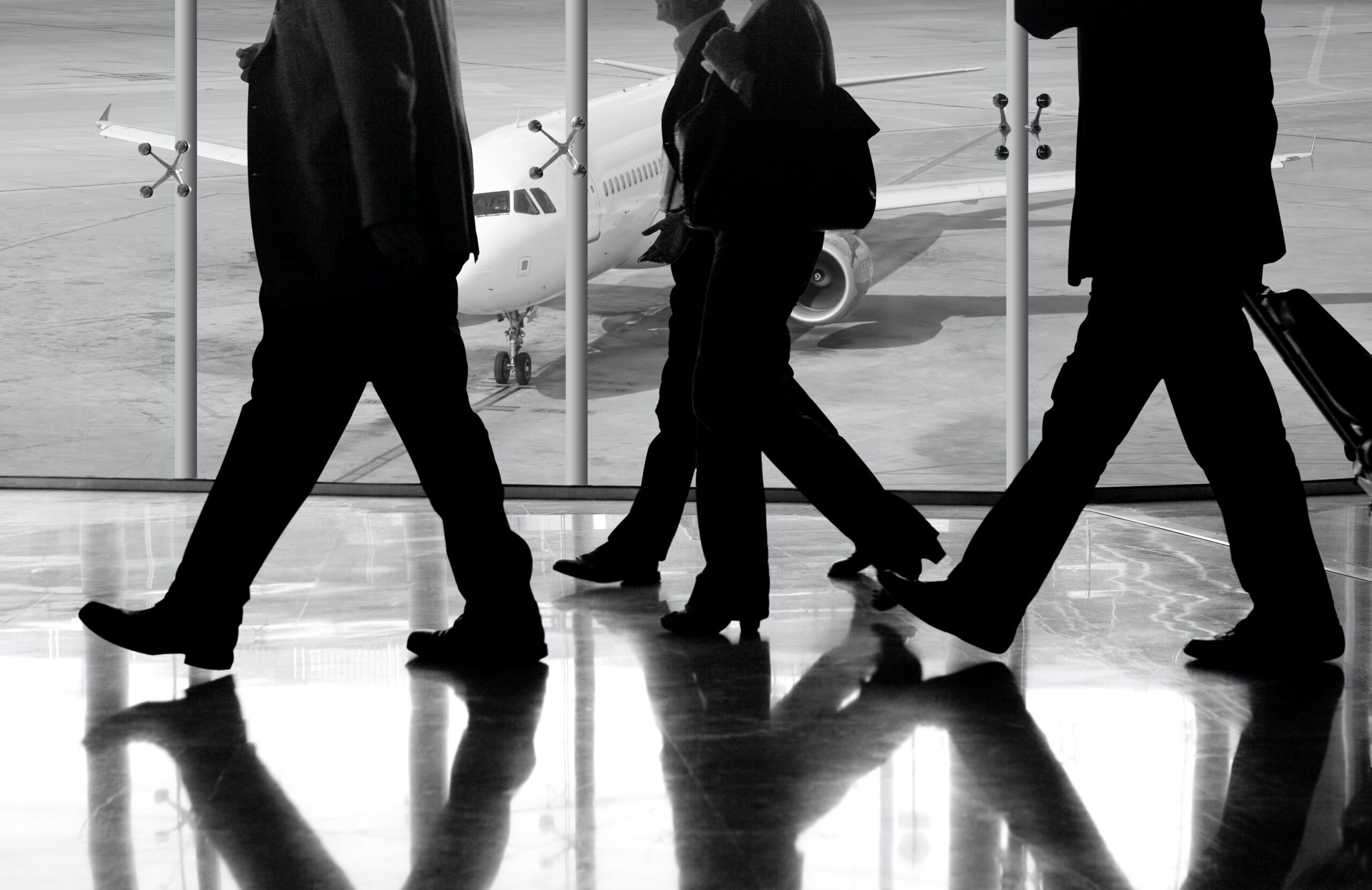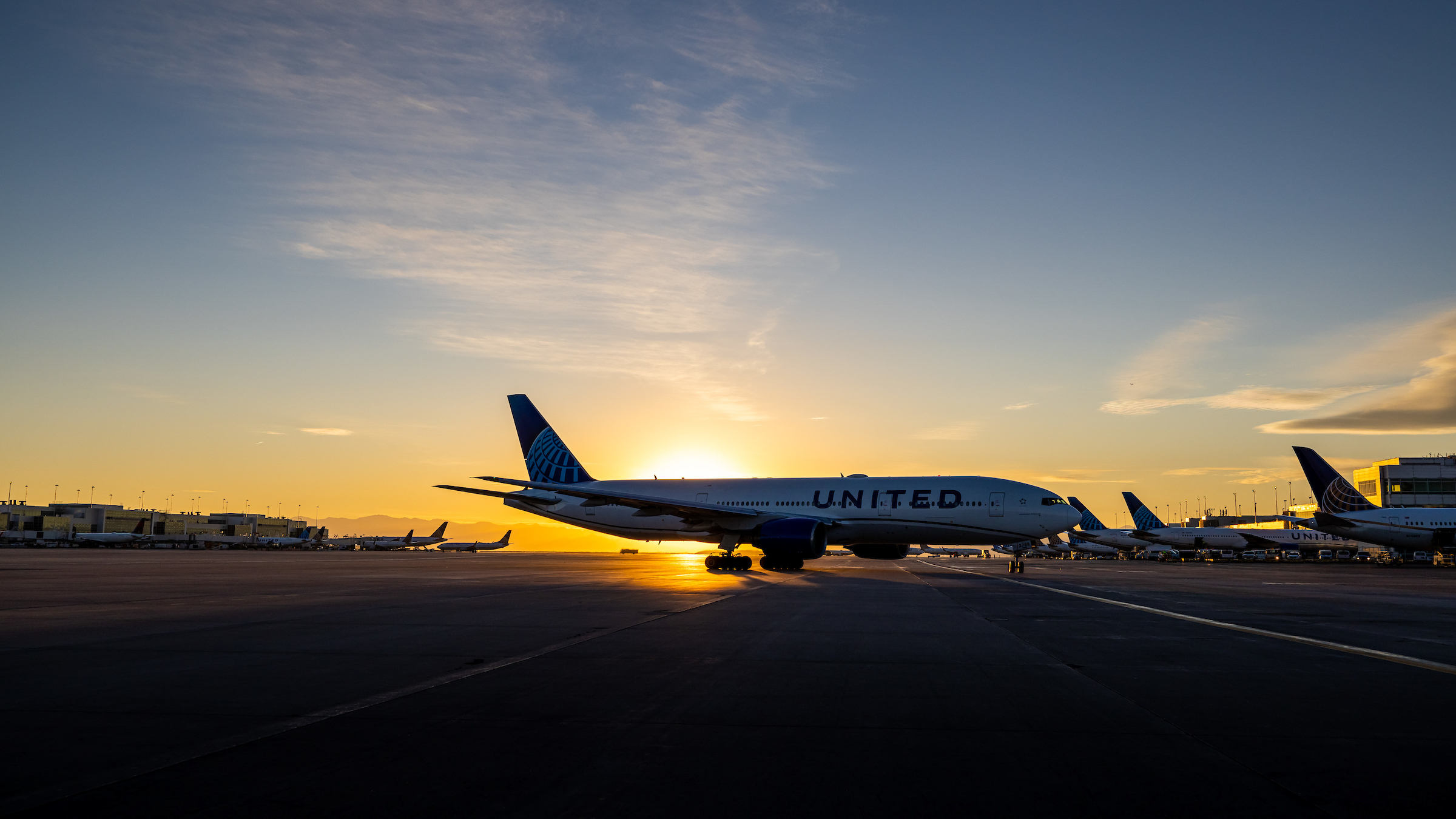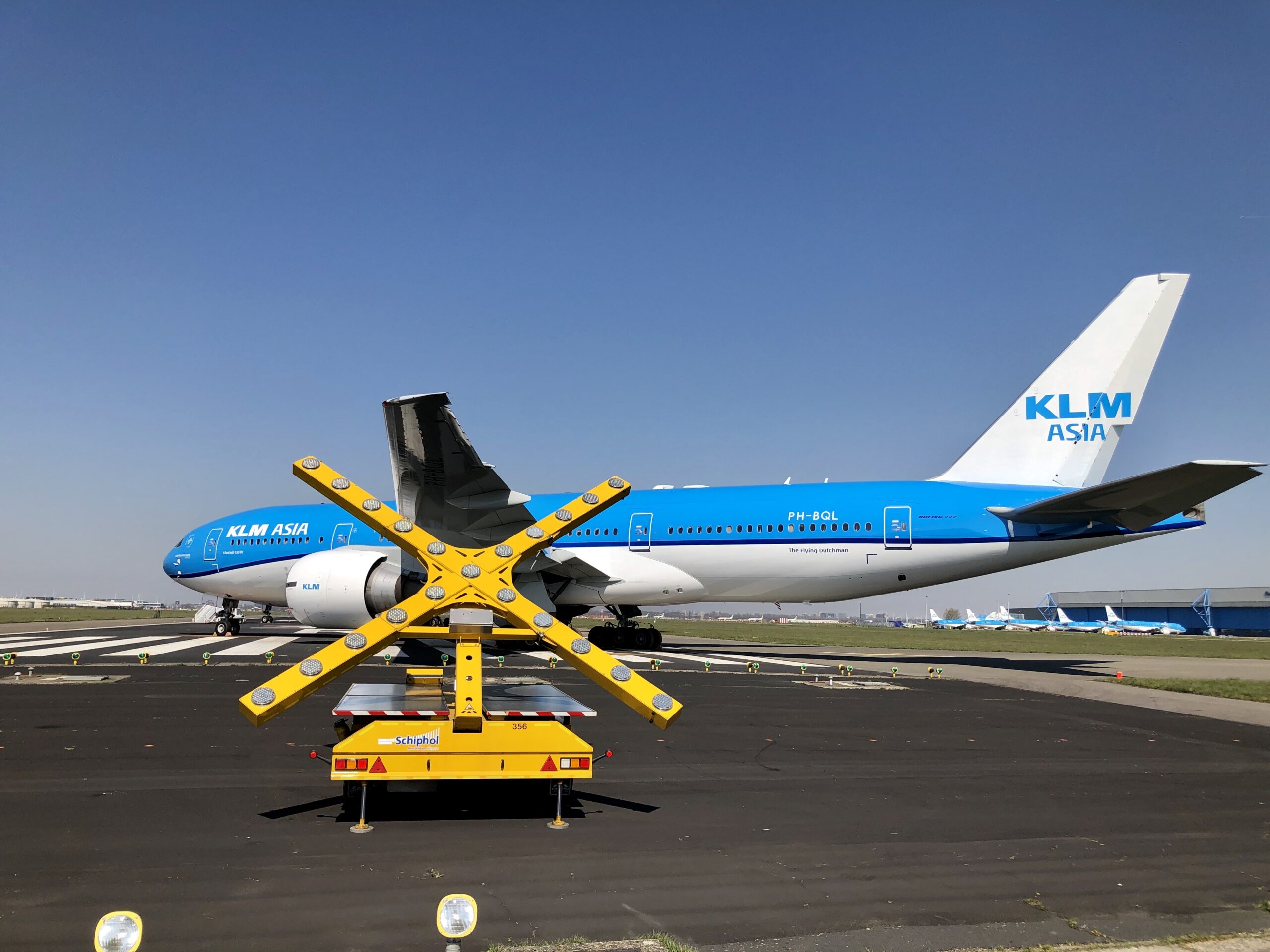Icelandair Chooses the Airbus A321XLR as the Replacement of its Boeing 757
The Icelandic flag carrier will start taking delivery of 13 of the energy-efficient narrowbody aircraft in 2029, with the option to purchase another 12 over the following years
by Fergus Cole
April 11, 2023
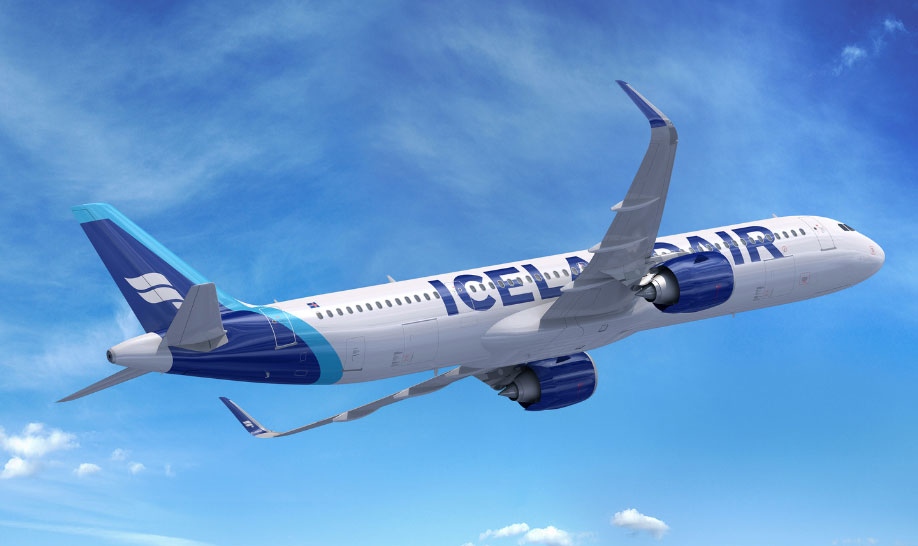
Photo: Courtesy of Airbus
Icelandair has chosen the replacement of its historic workhorse, the Boeing 757. Last week, the Icelandic carrier signed a Memorandum of Understanding with Airbus to acquire 13 A321XLR planes with the option to order a further 12.
The airline’s current fleet consists entirely of Boeing aircraft, including 13 Boeing 737 MAX 8/9, 21 Boeing 757-200/300, and five Boeing 767-300ER.
With its choice of acquiring the Airbus long-range narrowbody, the airline plans to transition to the European planemaker over the next few years to boost its sustainability and reduce its overheads. On top of the order for up to 25 A321XLRs, Icelandair is currently negotiating to acquire four leased Airbus A321LRs, which the carrier expects to start receiving in 2025.
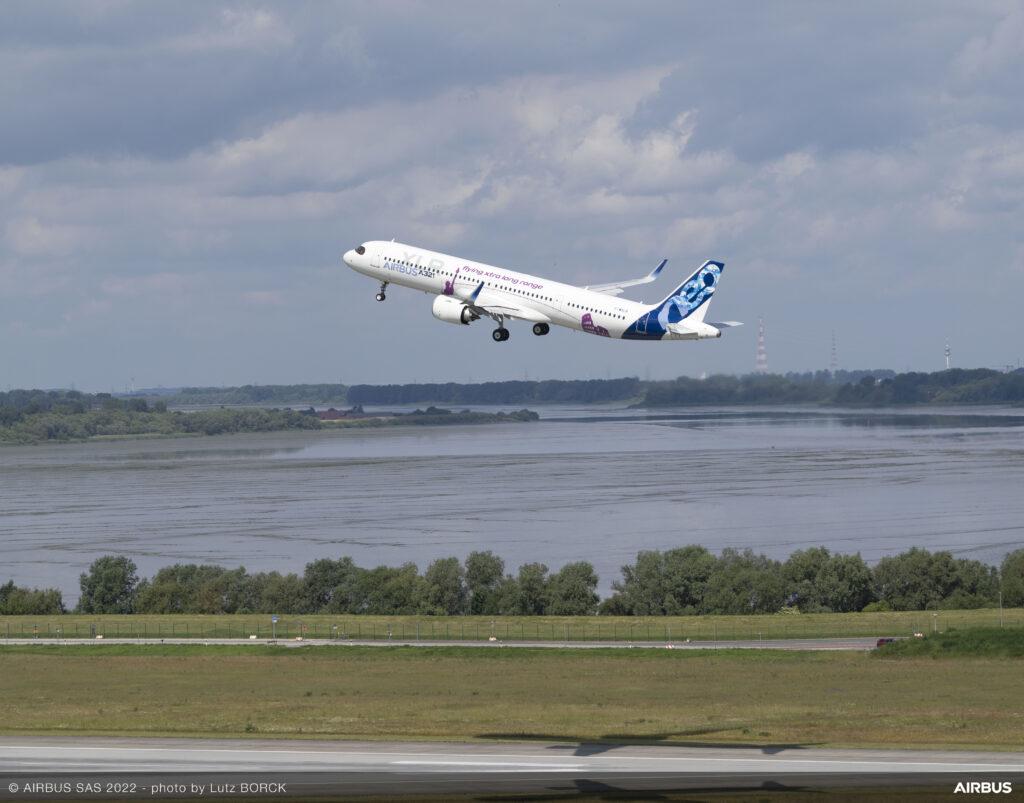
Photo: Airbus A321XLR First Flight. Courtesy of Airbus.
Both the A321XLR and A321LR are part of the Airbus A320neo family of narrowbody aircraft, offering long-range, fuel-efficient alternatives to older models. The A321XLR’s low carbon emissions and improved efficiency will help Icelandair to lower its operating costs and help the carrier to meet its sustainability targets.
With Icelandair’s current cabin layout, the new A321 aircraft will likely be configured to accommodate around 190 passengers, boosting the airline’s operational capacity compared to its existing fleet of Boeing aircraft. For example, the airline’s Boeing 757-200 has a capacity for 183 passengers, whereas the 737 MAX 9 can hold 178.
And with a maximum range of up to 4,700 nautical miles (8,700km), the aircraft is well suited to Icelandair’s established network of long-haul flights connecting Europe with North America. At the same time, it could also open the possibility for the airline to enter new markets.
Icelandair currently flies nonstop to 14 destinations in North America, with some of the longest routes serving Vancouver (YRV), Denver (DEN), and Orlando (MCO). In addition, the A321LR is also suited to the carrier’s existing network with a maximum range of 4,000 nautical miles (7,400km).
Under the latest agreement between Icelandair and Airbus, the airline should start receiving delivery of its order in 2029. However, the cost of the purchase has yet to be confirmed.
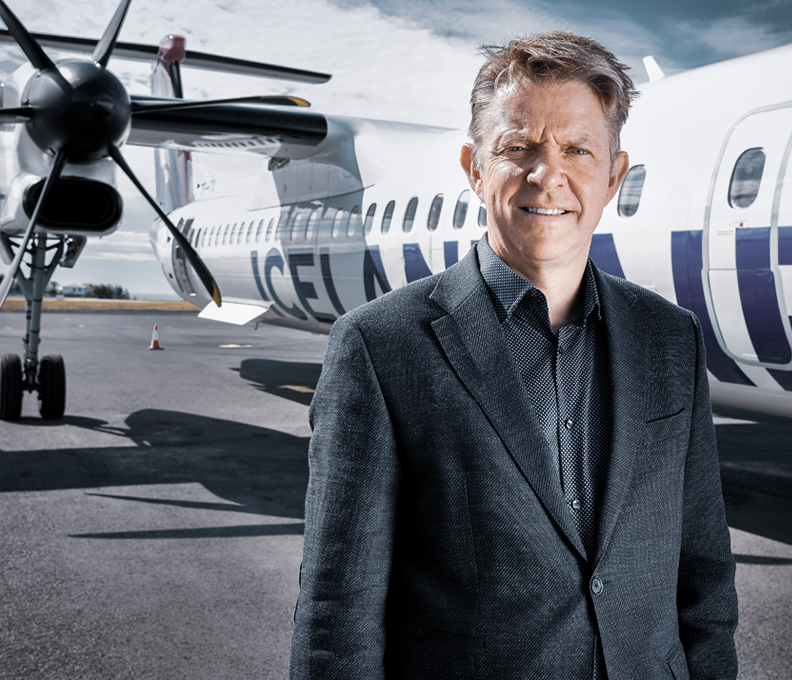
Icelandair CEO Bogi Nils Bogason / Photo: Courtesy of Icelandair
Bogi Nils Bogason, President and CEO of Icelandair, told Business Traveler in February that the airline was close to deciding whether to stay with Boeing or move to an all-Airbus option to replace its aging fleet of Boeing 757 and 767 aircraft. With this announcement, it’s clear that Boeing will lose yet another loyal 757 operator in favor of the Airbus variant.
“We are happy to announce that we have now reached a conclusion regarding Icelandair’s future fleet,” said Nils Bogason in a press release. “We have decided that the capable and fuel-efficient Airbus aircraft, A321XLR and A321LR, will become the successors of the Boeing 757 we are gradually retiring.”
“The Boeing 757 has been the cornerstone of Icelandair’s operations since 1990. Its unique capabilities have underpinned the successful development of our extensive route network and competitive transatlantic hub by leveraging Iceland’s unique geographical location to connect North America and Europe via Iceland.”
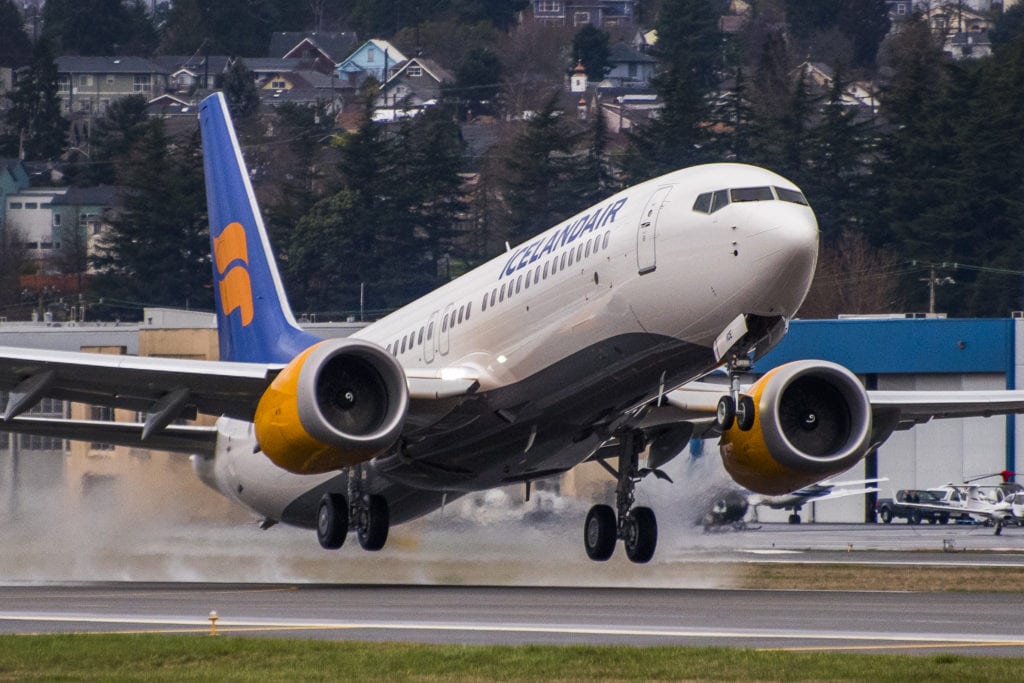
Photo: Courtesy of Boeing
According to the CEO, “he excellent Airbus aircraft will not only allow us to further develop our proven business model around transatlantic flights but also open opportunities for future growth by entering new and exciting markets.”
For now, Icelandair will continue to use its fleet of Boeing 757s, 767s, and 737 MAX planes until they begin to be phased out in place of Airbus aircraft in 2025. It is unclear, however, whether the airline will also choose the Airbus A330 or A350 to replace its existing fleet of Boeing 767s.

